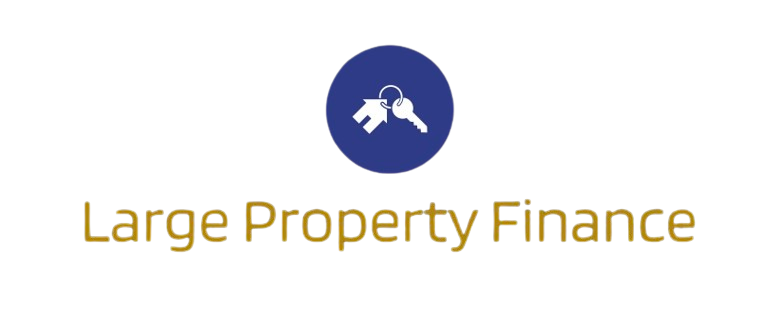Choosing the right mortgage product for a multi-unit property involves careful consideration of several factors, including the property’s specifics, your financial situation, and your long-term goals. Here’s a step-by-step guide to help you select the best mortgage product for a multi-unit property:
1. Understand Your Property Type
1.1 Property Classification
- Single-Family Home: A property with one unit, often simpler to finance.
- Multi-Family Home: Properties with multiple units, such as duplexes, triplexes, or apartment buildings. These require specialized financing due to their rental income potential and property management needs.
1.2 Property Use
- Owner-Occupied: You live in one of the units while renting out the others.
- Investment Property: You rent out all the units and do not reside in the property.
2. Assess Your Financial Situation
2.1 Credit Score
- Importance: A higher credit score can qualify you for better mortgage rates and terms.
- Action: Check your credit report and work on improving your score if necessary before applying.
2.2 Income and Affordability
- Income Verification: Include rental income projections in your financial calculations, especially for investment properties.
- Affordability: Ensure you can cover mortgage payments, property management costs, and unexpected expenses.
3. Choose the Right Mortgage Product
3.1 Fixed-Rate vs. Variable-Rate Mortgages
- Fixed-Rate: Offers stable monthly payments over the life of the loan. Ideal if you prefer predictable payments and plan to stay in the property long-term.
- Variable-Rate: Payments can fluctuate based on market conditions. Could be beneficial if you anticipate falling interest rates, but involves more risk.
3.2 Interest-Only Mortgages
- Pros: Lower initial payments since you’re only paying interest, which can be useful for maximizing cash flow from rental income.
- Cons: Payments will increase once the interest-only period ends, and you won’t build equity during this time.
3.3 Buy-to-Let Mortgages
- Purpose: Specifically designed for properties that will be rented out.
- Requirements: Often require a higher deposit and have different criteria compared to residential mortgages. Lenders may assess the property’s rental income potential and tenant market.
3.4 Portfolio Mortgages
- For: Investors with multiple rental properties.
- Features: Allows you to manage multiple properties under a single mortgage, simplifying administration.
3.5 Bridging Loans
- Use: Short-term financing to bridge the gap between buying a new property and selling an existing one.
- Considerations: Typically have higher interest rates and fees, so best used when a quick purchase is necessary.
4. Evaluate Lender Requirements and Terms
4.1 Down Payment
- Standard: Most lenders require a higher down payment for multi-unit properties compared to single-family homes. Typically 20-25% of the property’s value.
- Impact: A larger down payment can reduce your loan-to-value ratio, potentially qualifying you for better rates.
4.2 Rental Income Assessment
- For Investment Properties: Lenders will evaluate potential rental income to determine your mortgage affordability. Provide detailed rental income projections and current lease agreements if available.
- For Owner-Occupied: Lenders may still consider rental income but typically weigh it less heavily.
4.3 Debt-to-Income Ratio
- Calculation: This ratio helps lenders assess your ability to manage mortgage payments relative to your income. Ensure it aligns with lender requirements.
5. Consider Additional Costs
5.1 Property Management Fees
- For Investors: Factor in property management costs if you plan to hire a management company to handle the day-to-day operations.
5.2 Maintenance and Repairs
- Budgeting: Set aside funds for regular maintenance and unexpected repairs, as these can impact your cash flow.
5.3 Insurance and Taxes
- Insurance: Ensure adequate coverage for multi-unit properties, including buildings and landlord insurance.
- Taxes: Consider property taxes and how they will affect your overall budget.
6. Consult with Professionals
6.1 Mortgage Broker
- Role: Can help you navigate different mortgage products, find competitive rates, and match you with lenders who specialize in multi-unit properties.
6.2 Financial Advisor
- Role: Offers insights into how a mortgage fits with your overall financial strategy, including tax implications and investment goals.
Summary
Selecting the right mortgage product for a multi-unit property requires understanding your property’s specifics, assessing your financial situation, and choosing a product that aligns with your long-term goals. Fixed-rate and variable-rate mortgages, buy-to-let loans, and portfolio mortgages each offer distinct advantages depending on your needs. Always factor in additional costs and consult with professionals to ensure you make an informed decision.

